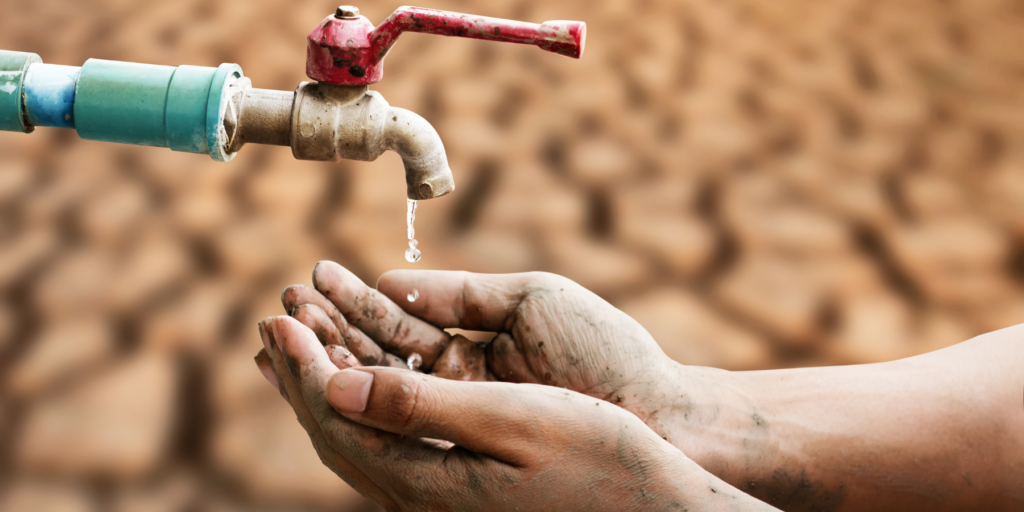Water is a finite resource that is crucial for life on Earth. As our planet faces the challenges of climate change and a growing population, it becomes imperative for us to adopt sustainable practices to conserve water. In this blog post, we will explore various alternatives to save water, ranging from simple daily habits to innovative technologies.
Rainwater Harvesting: Harvesting rainwater is a traditional method that has gained renewed interest. Collecting rainwater from rooftops in storage tanks can provide a sustainable source of water for activities like gardening and landscape irrigation. Many regions incentivize rainwater harvesting, making it a cost-effective and eco-friendly option.
Greywater Recycling: Greywater, which includes wastewater from sources like showers and sinks, can be recycled for non-potable purposes. Installing greywater recycling systems allows households to reuse water for tasks such as flushing toilets and watering plants. Proper filtration ensures that the recycled water is safe for these applications.
Smart Irrigation Technologies: Leveraging technology can greatly enhance water efficiency in agriculture and landscaping. Smart irrigation systems use sensors, weather data, and real-time monitoring to optimize watering schedules. This ensures that plants receive the right amount of water based on current environmental conditions. In The Green Thumb Formula, we have created a Guide to to a self-watering garden that will help not only to save water, but also will relief stress from worrying about your plants.
Educational Initiatives: Raising awareness about water conservation is crucial for fostering a culture of sustainability. Educational initiatives can include community workshops, school programs, and online campaigns to inform people about the importance of water conservation and ways to reduce water consumption in their daily lives.
Water-Conserving Habits: Simple changes in daily habits can contribute significantly to water conservation. Turning off the tap while brushing teeth, fixing leaks promptly, and only running the dishwasher or washing machine with full loads are small yet impactful practices that collectively make a difference.
Water conservation is a collective responsibility that requires a combination of individual actions, community initiatives, and policy changes. By embracing these alternatives we can all contribute to safeguarding this precious resource for current and future generations. Through education, advocacy, and sustainable practices, we can build a water-conscious society that ensures water security for our planet. It’s time to act, one drop at a time, for a more sustainable and water-secure future.

